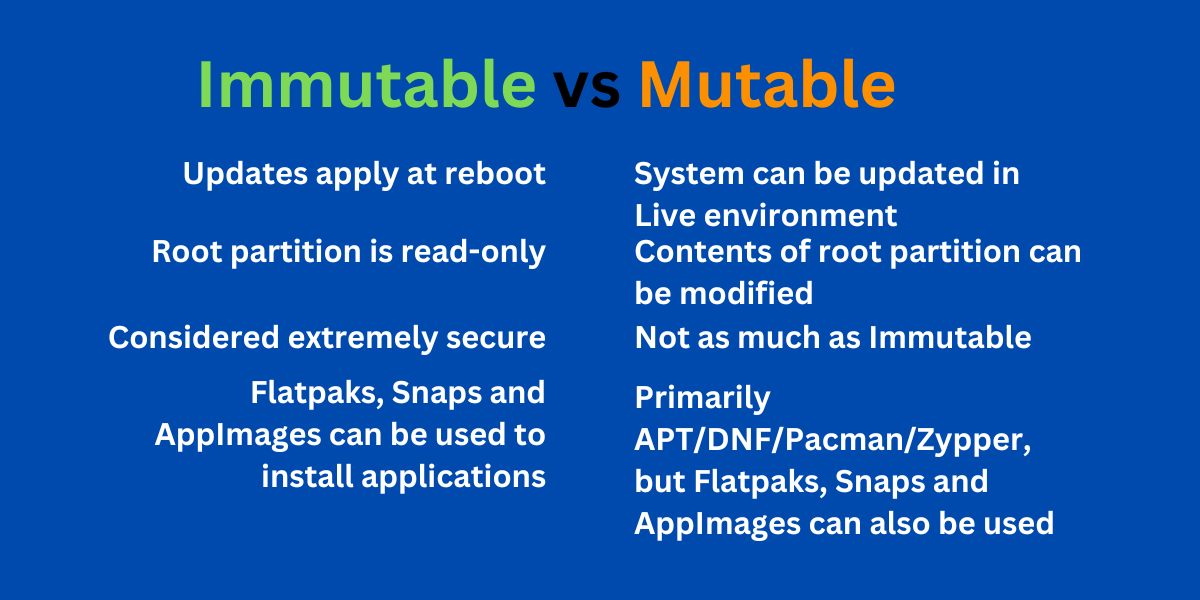this post was submitted on 13 Jan 2025
339 points (93.4% liked)
Linux
53981 readers
851 users here now
From Wikipedia, the free encyclopedia
Linux is a family of open source Unix-like operating systems based on the Linux kernel, an operating system kernel first released on September 17, 1991 by Linus Torvalds. Linux is typically packaged in a Linux distribution (or distro for short).
Distributions include the Linux kernel and supporting system software and libraries, many of which are provided by the GNU Project. Many Linux distributions use the word "Linux" in their name, but the Free Software Foundation uses the name GNU/Linux to emphasize the importance of GNU software, causing some controversy.
Rules
- Posts must be relevant to operating systems running the Linux kernel. GNU/Linux or otherwise.
- No misinformation
- No NSFW content
- No hate speech, bigotry, etc
Related Communities
Community icon by Alpár-Etele Méder, licensed under CC BY 3.0
founded 6 years ago
MODERATORS
you are viewing a single comment's thread
view the rest of the comments
view the rest of the comments

Why is it a bad way to handle things?
I have an alias set up and SDKs enabled. The experience is indistinguishable from a regular install. But you could also layer it onto the os image or install it in user space if you don't like flatpaks for the extra resource usage or something. That's a complete non issue for me though.
That's not indistinguishable - that's you working around the problem of running
flatpak run some.domain.IForget(which - BONUS is case sensitive which is awesome) to run neovim.Snaps install a binary you can run. Flatpaks make you remember the 3 part domain to run things. So you setup aliases after installing things to run them, and if you uninstall them you need to remove your aliases. It's a complete own-goal by the flatpak developers that this mess exists and is completely unnecessary. Simply providing an option to create and manage a script in .local/bin or something would be all it takes to make flatpaks usable from the CLI in a way that isn't obnoxious.
That's a good point. I should have said "indistinguishable after some tinkering". You raise a valid complaint, though it's not a deal breaker for me.